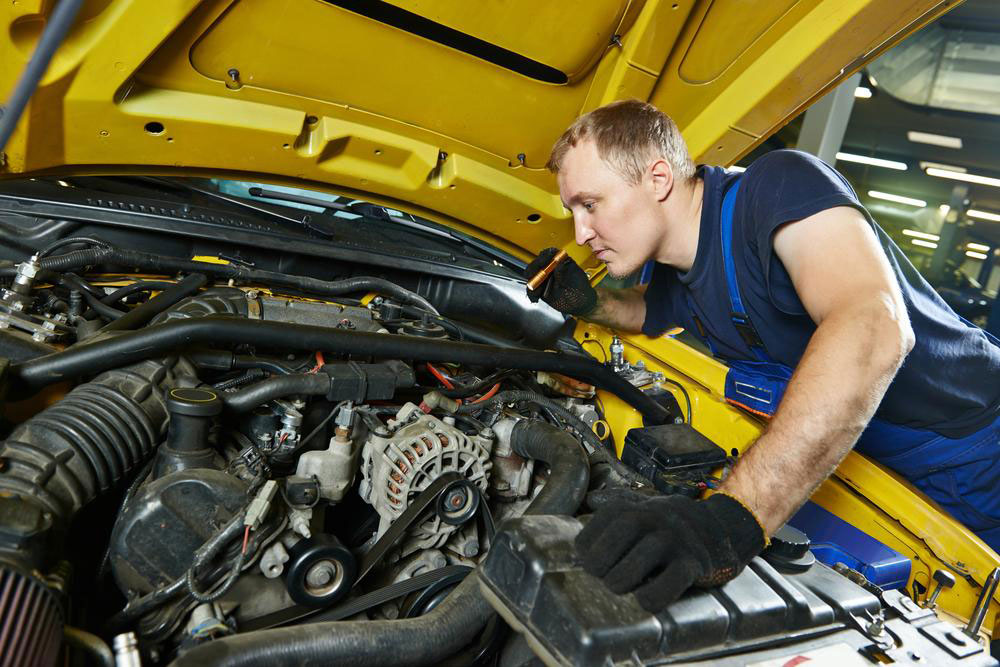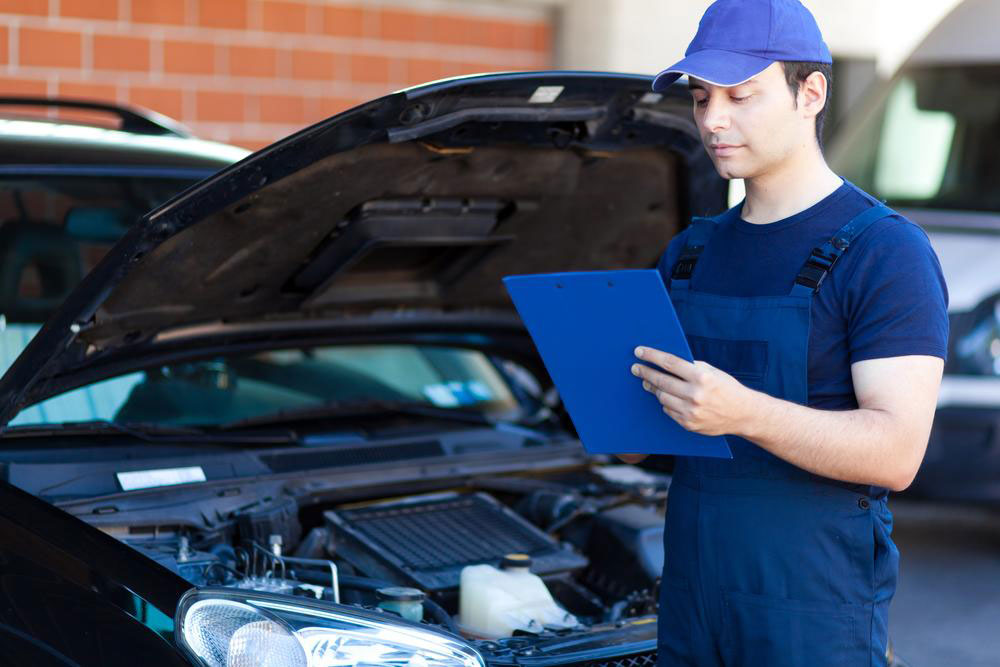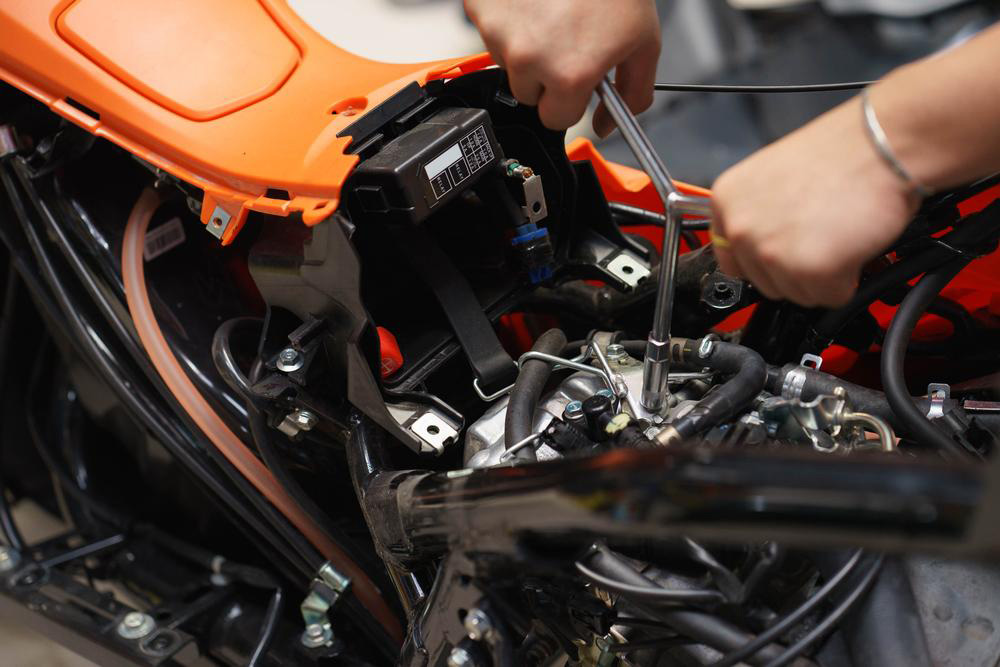Comprehensive Guide to Debunking 6 Common Car Maintenance Myths
This comprehensive guide debunks six common myths about car maintenance, providing vehicle owners with accurate advice on oil changes, warm-up routines, brake fluid, tune-ups, filters, coolant systems, and air conditioning. Learning the truth helps save money, prevent unnecessary repairs, and maintain vehicle safety and efficiency. Updated with modern vehicle technology insights, this article offers practical tips for efficient car care and long-term vehicle health.

Comprehensive Guide to Debunking 6 Common Car Maintenance Myths
Owning and maintaining a vehicle is a significant responsibility that goes beyond simply having a car parked in your garage or driveway. Proper maintenance is essential to ensure safety, prolong the lifespan of your vehicle, and optimize its performance. However, there are numerous misconceptions circulating among drivers that can lead to unnecessary expenses or even damage to their cars. Understanding the facts and busting these myths is crucial for any vehicle owner seeking to maintain their car efficiently and cost-effectively. In this comprehensive guide, we will explore six widely-held car maintenance myths, providing you with accurate information to help you make better decisions on vehicle care.
Many drivers believe that constant, frequent maintenance is necessary, but modern vehicle technology and manufacturer recommendations suggest otherwise. Knowing the truth about your car's needs can save you money and prevent unnecessary repairs.
Myth 1: Changing oil every 3,000 miles is mandatory
For decades, the standard advice for vehicle owners was to change engine oil roughly every 3,000 miles. While this guideline was applicable to older, less efficient engines, the majority of modern vehicles are designed to run much longer between oil changes. Recent advancements in engine technology, synthetic oils, and improved filtration systems mean that many cars can safely extend this interval to 5,000 or even 7,500 miles under normal driving conditions.
Consult your vehicle’s owner manual or manufacturer recommendations to determine the optimal oil change interval for your specific model. Regular oil changes are important for engine health, but doing so more often than necessary can be an unnecessary expense. Keep in mind that high-quality synthetic oils can withstand longer periods and provide better protection, which can contribute to a more efficient engine performance over time.
Myth 2: Warming up your car before driving is essential
This is one of the most persistent misconceptions among drivers. Traditional wisdom suggested idling your vehicle for several minutes before driving, especially during cold weather, to allow the engine to warm up. However, contemporary engine design and engineering have rendered this practice obsolete. Modern fuel-injected engines and two-wheelers get warmed up quickly during initial driving.
In fact, starting to drive gently after a brief warm-up period is better for your engine than prolonged idling, which wastes fuel and increases emissions. Manufacturers recommend driving smoothly for the first few minutes, gradually increasing acceleration. This approach warms up the engine efficiently and reduces unnecessary fuel consumption, saving you money and environmental resources.
Myth 3: Frequent brake fluid changes are necessary
Brake fluid is crucial for the safe operation of your vehicle’s braking system, acting as a lubricant and transfer medium for hydraulic pressure. Many drivers believe they need to replace brake fluid very frequently, but this is not generally the case. Most vehicle manufacturers recommend replacing brake fluid every 1 to 2 years, depending on driving conditions and the specific model.
Brake fluid doesn’t typically degrade quickly under normal conditions. Regular inspection and following the manufacturer’s recommended service schedule are sufficient. If you notice spongy brake feel or reduced brake performance, it’s wise to have the system inspected by a professional. Over-replacing brake fluid unnecessarily can incur costs without providing significant safety benefits, so adhering to proper intervals is key.
Myth 4: Tune-ups are needed frequently to keep your engine healthy
Tune-ups involve inspecting and adjusting various parts of your engine to ensure optimum performance. Many drivers believe that tune-ups are a routine task required every few months, but this is not accurate with modern vehicle technology. Typically, a comprehensive tune-up is recommended every 30,000 miles or according to the manufacturer’s specifications.
Modern vehicles are equipped with advanced engine control systems that monitor and adjust performance automatically. As a result, routine tune-ups are less frequent and more targeted. The main purpose of a tune-up in today’s context is to assess engine health, replace worn parts, and ensure spark plugs and filters are functioning correctly. Over-frequent tune-ups not only waste money but also are unnecessary in most cases.
Myth 5: Filters need to be replaced at every oil change
Many vehicle owners assume that oil filters and other filters such as air, fuel, and transmission filters must be replaced during every oil change. However, the truth is that different filters have varying life spans, and replacing them too often can be wasteful and add unnecessary costs.
For example, oil filters are typically replaced during oil changes, but air filters and fuel filters can last longer—up to 15,000 or even 30,000 miles depending on driving conditions. Refer to your owner’s manual or consult with your mechanic to determine the appropriate replacement intervals. Properly maintaining filters ensures your engine remains clean and efficient without incurring extra expenses prematurely.
Myth 6: Maintaining the coolant system is unnecessary for modern cars
Some drivers believe that sealed cooling systems in modern vehicles eliminate the need for regular coolant maintenance. While these systems are designed to last longer, they still require periodic checks and top-ups to prevent overheating and engine damage. Draining the radiator twice a year was once considered standard, but advancements have extended coolant life spans.
Now, coolant can often last two years or more if the quality is good. Regularly inspecting coolant levels and ensuring there are no leaks is vital for engine health. Always follow the manufacturer’s recommendations regarding coolant maintenance to avoid engine overheating, corrosion, or costly repairs.
Myth 7: Using air conditioning significantly wastes fuel
Many drivers assume that turning on the air conditioning (A/C) results in large fuel consumption increases. While it’s true that A/C uses additional energy, the impact on fuel economy isn’t as dramatic as some believe. When driving at moderate speeds, operating the A/C might consume about 5-10% more fuel.
Interestingly, driving with windows open at high speeds creates increased wind resistance, which can lead to higher fuel consumption than using the A/C. Therefore, in city driving or at highway speeds, using A/C is often more fuel-efficient than keeping the windows down. Proper vehicle maintenance, such as ensuring your A/C system is in good condition, also helps optimize fuel efficiency and comfort.
In conclusion, understanding the truth behind these common car maintenance myths can help you avoid unnecessary expenses and ensure your vehicle remains in excellent condition. Regularly consult your vehicle’s manual and trusted automotive professionals to develop a maintenance plan tailored to your specific needs. By busting these misconceptions, you can enjoy a safer, more reliable driving experience while saving money in the long run.





